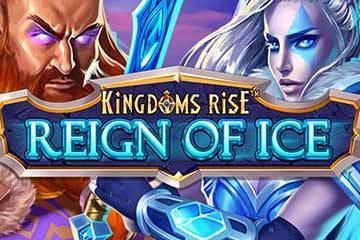No action a decade on from first call for independent regulator of online gambling and advertising

AMA President Professor Steve Robson said while online gambling has been of increasing concern for the past decade, calls for an independent regulator — which the AMA raised in its 2013 position statement on gambling — have gone unheeded.
“It is astounding to think that despite the ubiquity of mobile internet technology and the advertising of online gambling on television and social platforms like YouTube, governments have largely shown an unwillingness to step-up to the gambling industry, and set in place a strong regulatory framework,” Professor Robson said.
“While some states and territories have begun to examine and enact restrictions on the advertising of online gambling, more and more Australians — especially younger Australians — are being subjected to the sophisticated advertising of the predatory, multi-billion-dollar gambling industry.”
Professor Robson said doctors need to be equipped to recognise and support people who are struggling with gambling.
“Medical practitioners should be aware of the potential adverse effects of harmful gambling on the physical and mental health of individuals and their families. Patients experiencing harmful gambling may present with symptoms that appear unrelated to gambling. Other patients may present with health-related concerns arising from a family member's gambling problem.”
COVID lockdowns saw an increase in online gambling, with research by the Australian Gambling Research Centre suggesting many people opened accounts with online gambling companies for the first time during lockdowns as land-based gambling decreased.
Almost 1 in 3 survey respondents signed up for a new online betting account during COVID-19, and 1 in 20 started gambling online. Young men were the most likely cohort to sign up for new accounts, increase their monthly spend on gambling and be at risk of gambling related harm.
The AMA’s submission to the Parliamentary Inquiry into Online Gambling and its Impacts on Those Experiencing Gambling Harm contains a number of suggestions to governments including funding for research and prevention programs, educational programs, and community centred care programs to help de-stigmatise gambling addiction, while simultaneously de-normalising online gambling among young people.

































